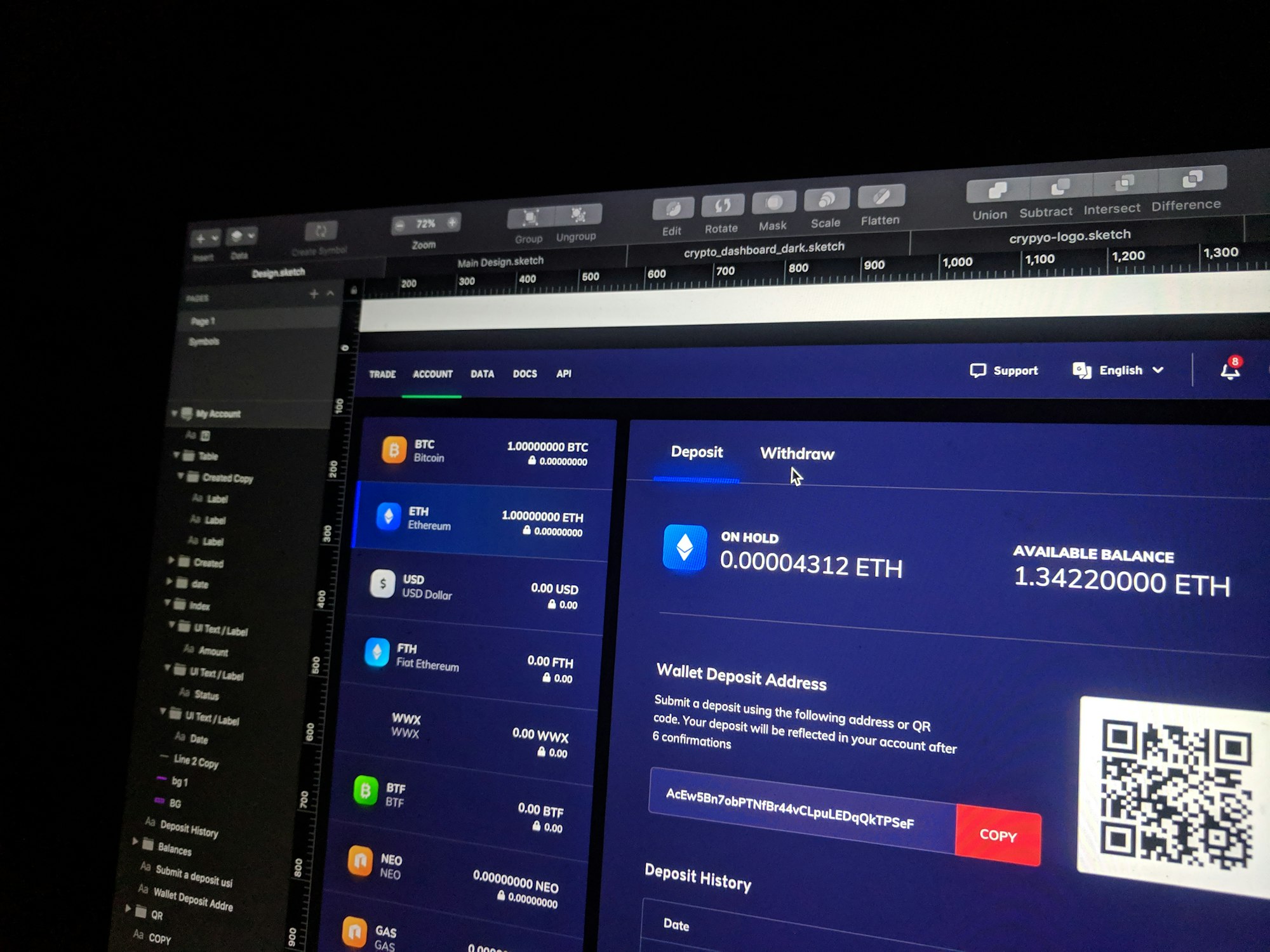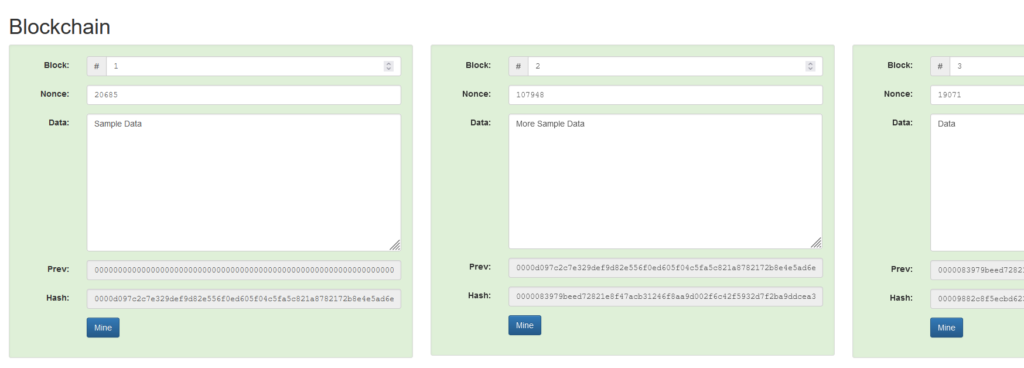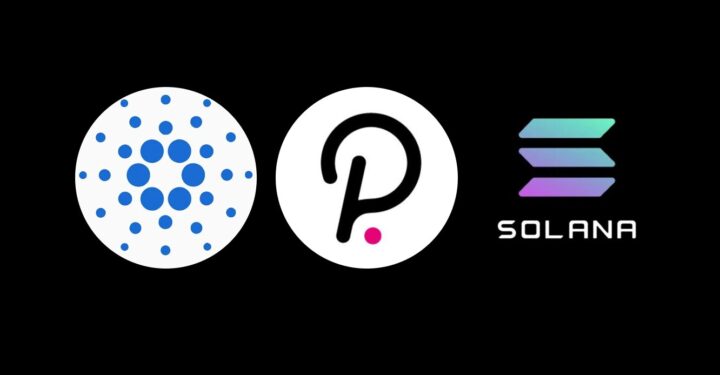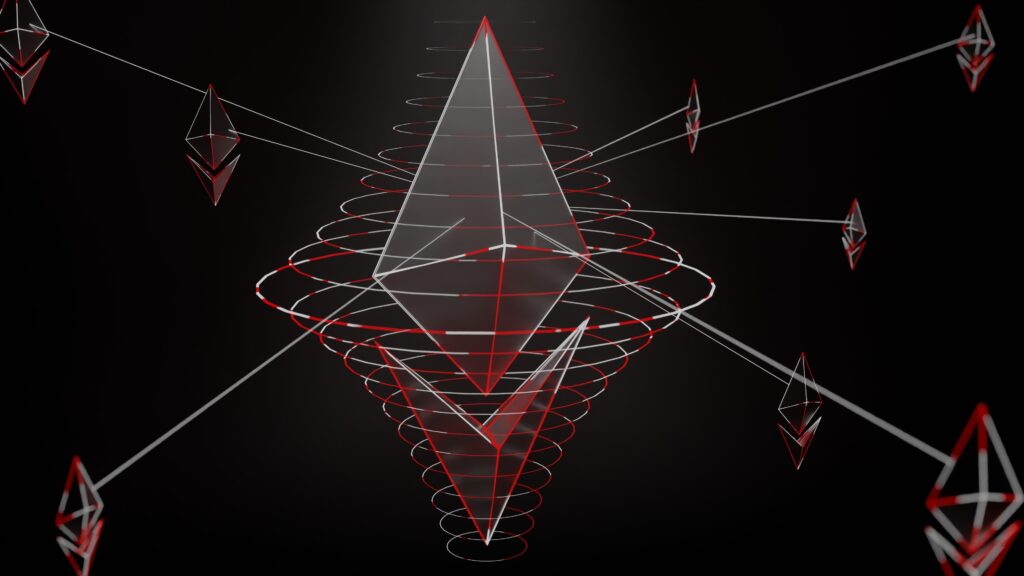Introduction To Smart Contracts – Part 1 of the Smart Contract Series

With the advent of blockchain technology, web 3.0 has taken over the world. From cryptocurrency exchanges to NFT (non-fungible tokens) marketplaces, blockchain technology has become the future. And smart contracts are at the forefront of this technology era.
What is a blockchain?
A blockchain is a way of storing data that differs from traditional database storage. In a blockchain, data is stored in blocks that are all linked to each other, with each block containing the hash of the previous block. All the nodes that belong to a given blockchain network hold the entire history of that blockchain, including every transaction performed on that blockchain. The defining feature of blockchain technology is that it’s decentralized, with no single entity having complete authority over it.

Some popular blockchains being used for development today are Ethereum, Cardano, Polkadot, and Solana, with Ethereum beating the others by a huge margin.

What are Smart Contracts
In the simplest of terms, smart contracts are pieces of code that reside on the blockchain and are executed based on the fulfillment of certain conditions. A smart contract is the grouping of code (programs) along with its state (data) which is all stored on the blockchain. Smart contracts can be seen as automated contracts between the contract owner and the recipient, which are enforced by the blockchain itself.
While developing a smart contract, one should keep in mind that a smart contract is irreversible and immutable. So, once you deploy your smart contract on the blockchain, you cannot go back and change it.

While initially, smart contracts were used primarily as a basis for cryptocurrencies, smart contract technology is now being used in Finance, Insurance, Supply Chain Management, Mortgage as well as the Medical and Research communities owing to its fast nature and reduced operational costs. Smart contracts are the basis of DApps( Decentralized Apps), which are applications hosted on a blockchain. Smart contracts are the backbone behind a lot of web3 technology, including cryptocurrency tokens, NFTs (Non-Fungible Tokens), blockchain-based gaming etc.
Smart Contract Languages
Since all smart contracts are essentially pieces of code, just like with other aspects of software development, there are various languages that you can use in order to write your own smart contracts. Some of the most popular ones are:
- Solidity
- Rust
- Javascript
- Vyper
- Yul
You can use any of these languages to build your smart contracts, but Solidity is the most popular language right now, since it derives a lot from traditional languages like JavaScript and Python.
Here’s a simple smart contract in Solidity:
// SPDX-License-Identifier: MIT
pragma solidity 0.8.12;
contract Counter {
uint public count;
// Function to get the current count
function getCount() public view returns (uint) {
return count;
}
// Function to increment count by 1
function inc() public {
count += 1;
}
// Function to decrement count by 1
function dec() public {
count -= 1;
}
}
This is a simple contract that can be used to store and modify the value of a counter variable.
Gas fees
There is a fundamental difference between smart contracts and other forms of coding – Using, deploying or interacting with a smart contract costs real money. That’s because every transaction that happens on the blockchain needs to be verified and included in a block before it is added to the chain, and in order for the miners to include our transactions in their blocks, we need to pay them a small fee, which is known as gas. This gas represents the computational effort that is required to process each and every single operation within a transaction.
Oracles
Smart contracts by themselves are self-contained pieces of code on a blockchain, but what happens if your smart contract needs data from the outside world? It cannot retrieve that data on its own. That’s where Oracles come in. An oracle is essentially a link between a blockchain and the real world. Oracles serve as sources for price feeds, weather data, etc., and can be queried as they are basically on-chain APIs. However, with oracles, one needs to be very careful since an oracle is only as secure as its data source. Therefore, if you are using an oracle, make sure you only use oracles that are well-known within the community.
With blockchain technology finding its way into more and more industries lately, it is pretty clear that smart contracts are here to stay for a long time.
Useful Resources
If you’d like to get started with smart contract development, here are a few resources to help you get started:
- https://solidity-by-example.org/
- https://cryptozombies.io/
- https://blog.openzeppelin.com/the-hitchhikers-guide-to-smart-contracts-in-ethereum-848f08001f05/
Worried about attackers targeting your smart contracts? Contact us today to get your smart contracts audited for any security issues!
Anshul
Anshul is a cybersecurity analyst at DeTaSECURE. He has helped multiple organizations secure their digital assets as a security professional. He holds certifications like CEH and AZ-900. You can reach out to him by Clicking Here.
